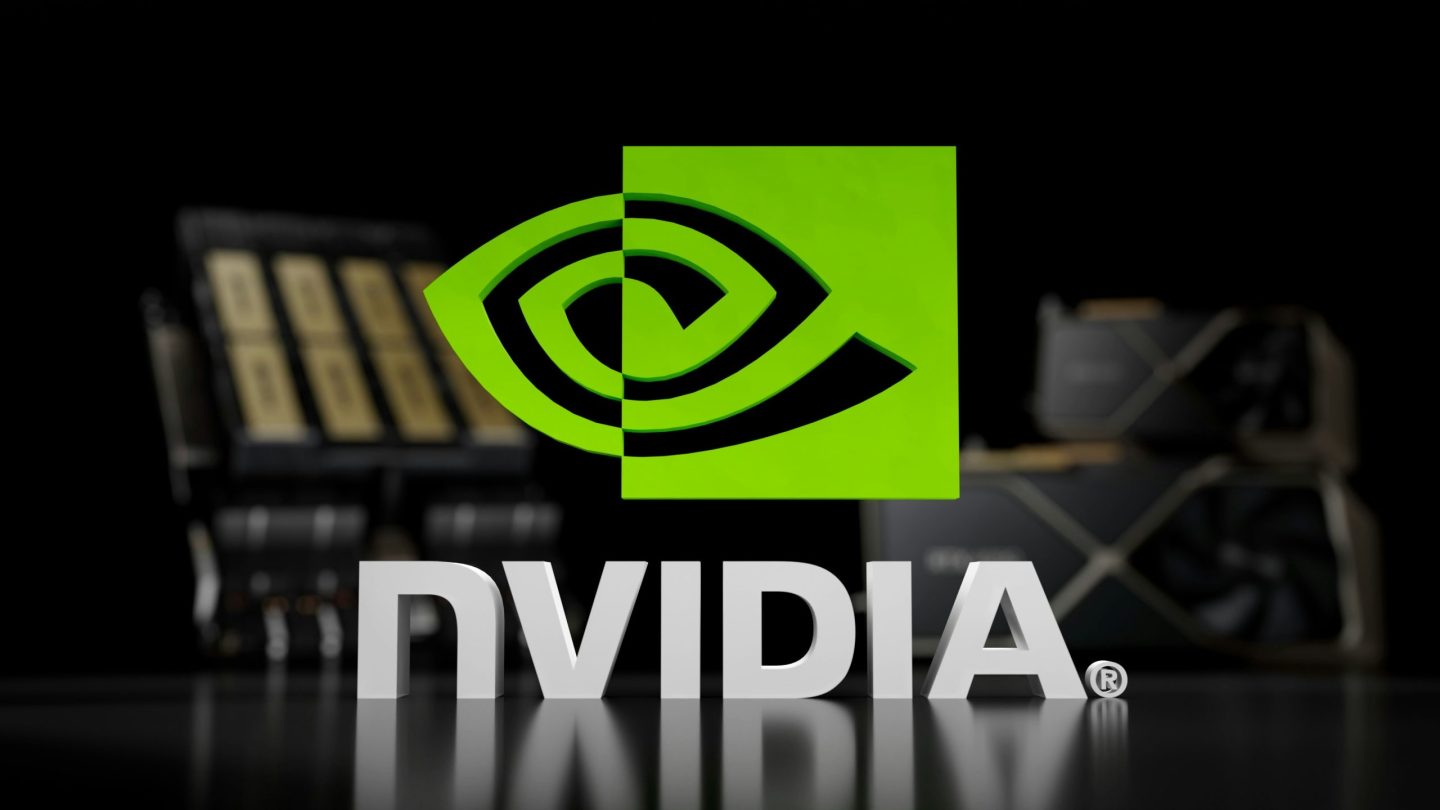Will the budget China AI chip from Nvidia survive Huawei’s growth?

Nvidia is preparing to go head-to-head with Huawei to maintain its relevance in the booming AI chip market of China.
The upcoming AI chip to be created for China represents something of a strategic gamble by Nvidia – can the company’s third attempt at regulatory compliance preserve its foothold against surging domestic competition?
Despite mounting geopolitical pressures from consecutive US administrations, Nvidia refuses to abandon the Chinese market entirely. The company is set to introduce a stripped-down Blackwell-based processor designed specifically to navigate export restrictions and compete against sophisticated local alternatives, particularly from giant Huawei.
A strategy born from necessity
Reuters sources reveal that Nvidia’s latest offering will carry a price tag between $6,500 and $8,000 – a dramatic reduction from the $10,000-$12,000 commanded by the now-banned H20 model. Production is scheduled to commence in June, underscoring the urgency behind Nvidia’s China AI chip initiative.
The cost reduction comes with significant trade-offs. The new processor will use Nvidia’s RTX Pro 6000D foundation paired with standard GDDR7 memory, abandoning the high-bandwidth memory found in premium variants.
More tellingly, the chip forgoes Taiwan Semiconductor’s advanced CoWoS packaging technology, a decision that simultaneously reduces capabilities and manufacturing complexity.
Following April’s effective prohibition of H20 sales, Nvidia absorbed a $5.5 billion writedown on Chinese inventory and commitments. The company’s initial plan to modify the H20 for continued Chinese sales ultimately proved unfeasible under current US export frameworks.
Domestic competition intensifies
Huawei’s emergence as a legitimate challenger has fundamentally altered China’s AI chip landscape. The company’s Ascend 910C and 910B processors have secured adoption among major domestic technology firms including Tencent, Baidu, and ByteDance, primarily for inference applications, an area in which they demonstrate competitive performance.
The competitive pressure extends beyond individual chips to complete infrastructure solutions. Huawei’s CloudMatrix 384 rack system challenges Nvidia’s Blackwell GB200 NVL72 configuration directly, signaling the Chinese firm’s ambition to compete in the entire AI hardware stack.
Market dynamics reflect a shift in balance. Reports indicate H20 chips have traded at discounts exceeding 10% compared to Huawei’s Ascend 910B, highlighting Nvidia’s struggle to maintain pricing power against domestic alternatives.
CEO Jensen Huang acknowledged the erosion, revealing that Nvidia’s Chinese market share has approximately halved following recent export restrictions.
Billions at stake
The financial implications are substantial. Huang estimates China’s AI chip market potential at $50 billion, while Nvidia recorded over $17 billion in Chinese sales during 2024. The figures underscore why the company continues pursuing Nvidia China AI chip development despite regulatory headwinds.
Sources suggest Nvidia isn’t placing all hopes on this single product. The company reportedly plans a second Blackwell-variant for China, with production targeted for September. The multi-pronged approach indicates Nvidia’s commitment to maintaining Chinese market presence through diverse product offerings tailored to different customer segments and regulatory requirements.
An uncertain path forward
The strategic questions surrounding the latest Nvidia China AI chip venture are profound. Can deliberately weakened hardware compete effectively against rapidly improving domestic alternatives? Will Chinese customers accept performance compromises despite local options continuing their advance in capablity?
Huang’s recent acknowledgment that “China is right behind us. We’re very, very close” in AI capabilities suggests the competitive gap may be narrowing faster than anticipated. Combined with substantial government backing for domestic semiconductor development, the market raises fundamental questions about Nvidia’s long-term viability in China.
(Photo by Mariia Shalabaieva)
See also: Can the US really enforce a global AI chip ban?
Want to learn more about AI and big data from industry leaders? Check out AI & Big Data Expo taking place in Amsterdam, California, and London. The comprehensive event is co-located with other leading events including Intelligent Automation Conference, BlockX, Digital Transformation Week, and Cyber Security & Cloud Expo.
Explore other upcoming enterprise technology events and webinars powered by TechForge here.



